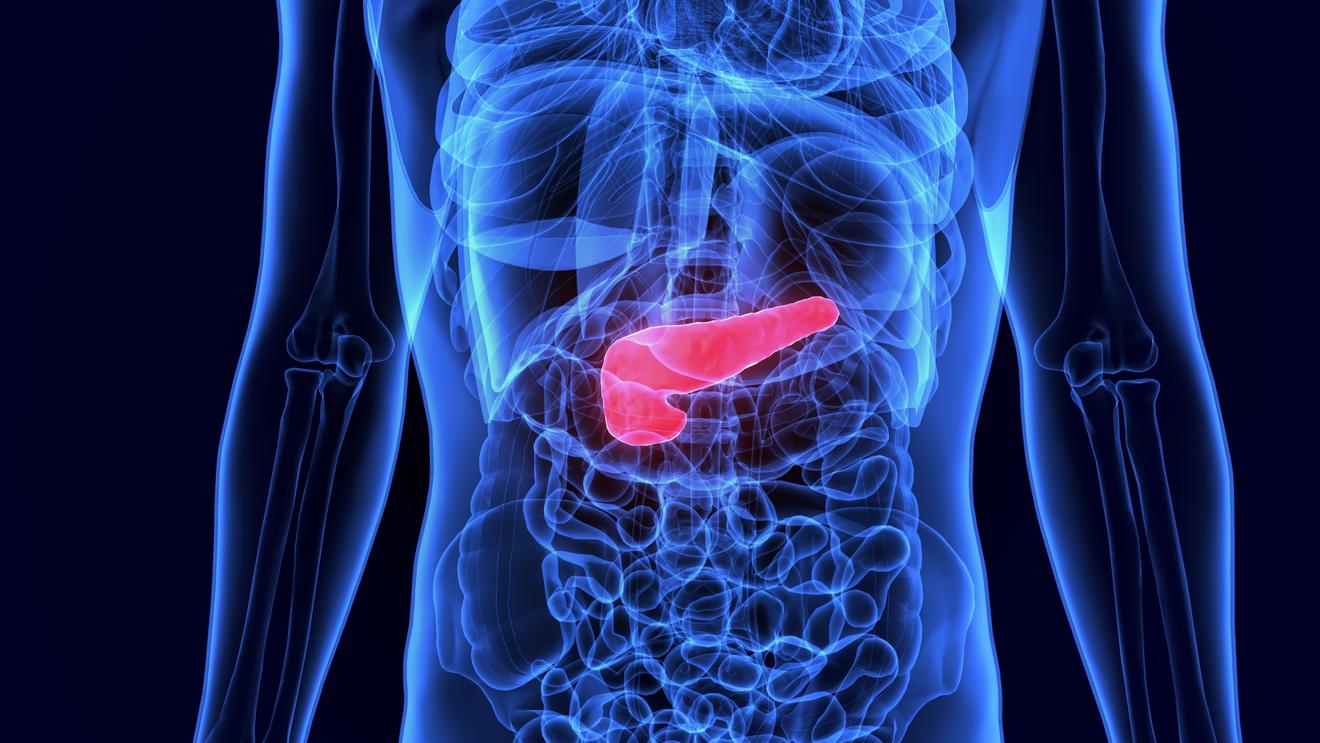Every year, more than 2,000 people are being diagnosed with pancreatic cancer. For the vast majority, the cancer has metastasised to other organs and therefore incurable, but for some 350 patients every year, surgery might offer a chance of a definitive cure. The type of surgery – minimally invasive surgery or classic open abdominal surgery makes a big difference.
Comparative study in 400 patients
UZ Leuven doctors have shown that the chance of longterm survival for pancreatic cancer after minimally invasive surgery is considerably higher than after classic open abdominal surgery.
Prof. dr. Baki Topal, abdominal surgery specialist at UZ Leuven and principal investigator of the trial: “A comparative trial of some 400 patients with pancreatic cancer that underwent surgery has shown that minimally invasive surgery versus open abdominal surgery is linked to better survival and lower risk for relapse. The survival rate of patients treated with minimally invasive surgery increases with 50 per cent in comparison to the survival rate after classic open abdominal surgery.”
Benefits of minimally invasive surgery
In minimally invasive surgery, the doctor performs the operation through a few small holes in the abdominal wall. The patient's immune system is much better preserved making him or her stronger to overcome cancer. In addition patients recover more easily and more quickly after minimally invasive surgery. Also after their surgery, most patients are also able to start their chemotherapy faster.
In centres where classic open abdominal surgery is used for pancreatic cancer, the national mortality risk is arounf 7 per cent. With minimally invasive surgery this can be reduced to more than half. Prof. dr. Baki Topal
Prof. dr. Baki Topal
Thanks to modern technologies and new surgical techniques, the treatment of pancreatic cancer with minimally invasive surgery (either with a 3D keyhole surgery or with robotic surgery) is gaining more and more ground. Both in Belgium and internationally, minimally invasive surgery for pancreatic cancer is being used in a number of expertise centres, but the majority of hospitals still use classic open abdominal surgery.

